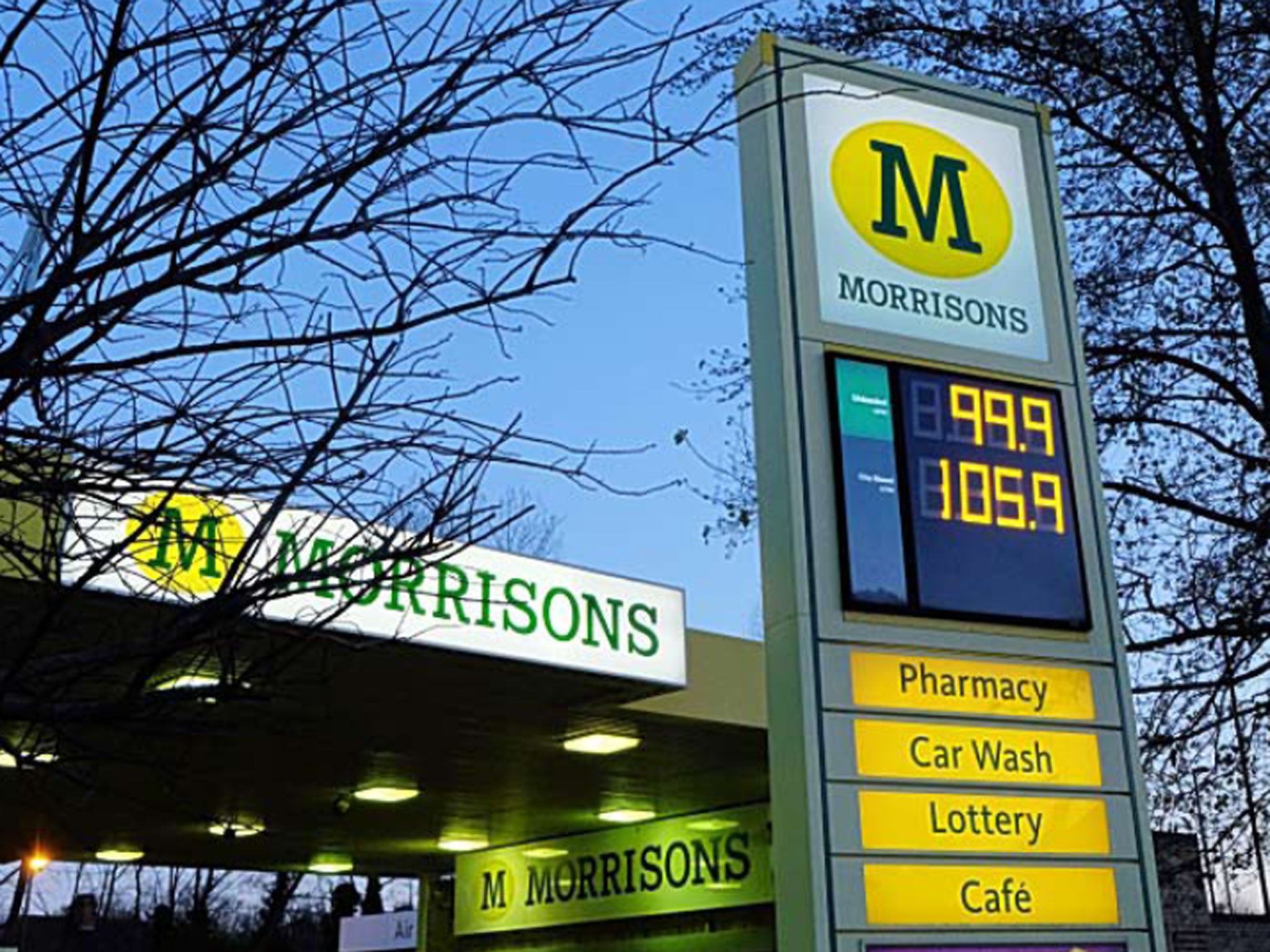Morrisons stirs but the supermarket crisis has not reached its sell-by date
Outlook

Your support helps us to tell the story
From reproductive rights to climate change to Big Tech, The Independent is on the ground when the story is developing. Whether it's investigating the financials of Elon Musk's pro-Trump PAC or producing our latest documentary, 'The A Word', which shines a light on the American women fighting for reproductive rights, we know how important it is to parse out the facts from the messaging.
At such a critical moment in US history, we need reporters on the ground. Your donation allows us to keep sending journalists to speak to both sides of the story.
The Independent is trusted by Americans across the entire political spectrum. And unlike many other quality news outlets, we choose not to lock Americans out of our reporting and analysis with paywalls. We believe quality journalism should be available to everyone, paid for by those who can afford it.
Your support makes all the difference.A new dawn at Morrisons? From the reaction of the stock market, you might very well think so: the supermarket’s shares were up 9 per cent on the back of its Christmas sales figures. Morrisons’ rivals were also enjoying themselves: Tesco ticked up nearly 7 per cent, and even shares in Sainsbury’s, beset by concerns over its intentions for Home Retail Group, increased by 3 per cent.
Those numbers need some context, however. Shares in all three of the big supermarkets have been languishing; Morrisons’ surprising figures – the City had forecast a 2 per cent fall – may just have been the cue for some of those who have been short-selling the sector to close out their positions, giving the shares some artificial support.
Some context also needs to be applied to Morrisons’ numbers. An increase in sales of 0.2 per cent was creditable from one of the most heavily cratered members of this bombed-out industry, particularly when prices had dropped by a shade over 3 per cent. As a result, Morrisons had to move a lot more goods than it did this time last year simply to show flat sales.
This it did. The fastest growth came in its online business, which won’t surprise anyone, but management also said more shoppers had visited its stores. And while there was a dip in the number of products per basket sold, the number of baskets rose by more than enough to compensate.
However, the figures compare with the same period last year, when the company was at the bottom of a very deep hole, reporting a 5.6 per cent fall in sales and issuing a nasty profit warning.
Meanwhile, that fast-growing online business? It is provided via a tie-up with Ocado agreed by a previous management that was desperate to catch up with its rivals’ online operations. The current team is stuck with it for another 23 years and it’s fair to say they’re not exactly happy about it.
There may still be some grounds for optimism. The pricing gap with Aldi and Lidl is less than it was and Morrisons’ clothing range is starting to get some traction with shoppers, acting as a draw for its stores. Its leaders are cautiously optimistic that they can build from here.
But caution should be the watchword.
There have been false dawns with Morrisons before. The same could be said for Tesco. Maybe it is time to close short positions, but the supermarket sector isn’t out of the woods yet, whatever the figures for its big players show. And they won’t all be good.
Join our commenting forum
Join thought-provoking conversations, follow other Independent readers and see their replies
Comments